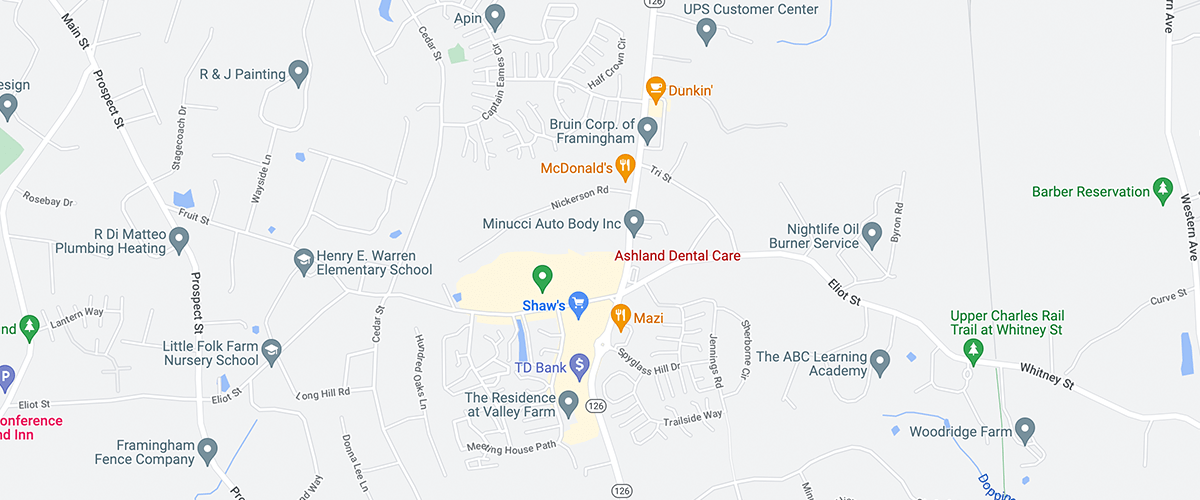November Marks National Diabetes Awareness Month
November 6th, 2019

Diabetes is a chronic disease that increases the risk for many serious health problems, including severe gum disease. November is Diabetes Awareness Month, and it’s a great time for us at Ashland Dental Care to remind our patients that the way you care for your teeth at home doesn’t just affect your oral health; keeping your mouth healthy is vital to your overall health, too.
Diabetes is the result of a deficiency, or lack of the hormone insulin to properly transport glucose (blood sugar) to the cells throughout the body. According to the American Diabetes Association, the most common types of diabetes are Type One (90-95 percent of cases), Type Two (five percent), and gestational or pregnancy diabetes. Women who have had gestational diabetes have a 35 to 60 percent chance of developing diabetes, mostly Type Two, in the ten to 20 years following their pregnancy.
In the past decade, researchers have found links between periodontal (gum) disease and diabetes. Not only are people with diabetes more vulnerable to gum disease, but diabetes may also have the potential to affect blood glucose control, as well as contribute to the advancement of diabetes.
Nearly 26 million Americans currently live with the disease, with an additional 79 million in the pre-diabetes stage. There is some good news we want you to know, however; you can protect your gums and teeth from the effects of diabetes by visiting our Ashland office for an exam. Patients who are living with diabetes may require more often visits to ensure their dental health remains in tip-top shape. Many insurance plans provide expanded benefits for diabetic patients, and Dr. Adam Persky can tell you how often you need to come in for an appointment.
For more information on how we can help, please do not hesitate to give us a call at our Ashland office.



